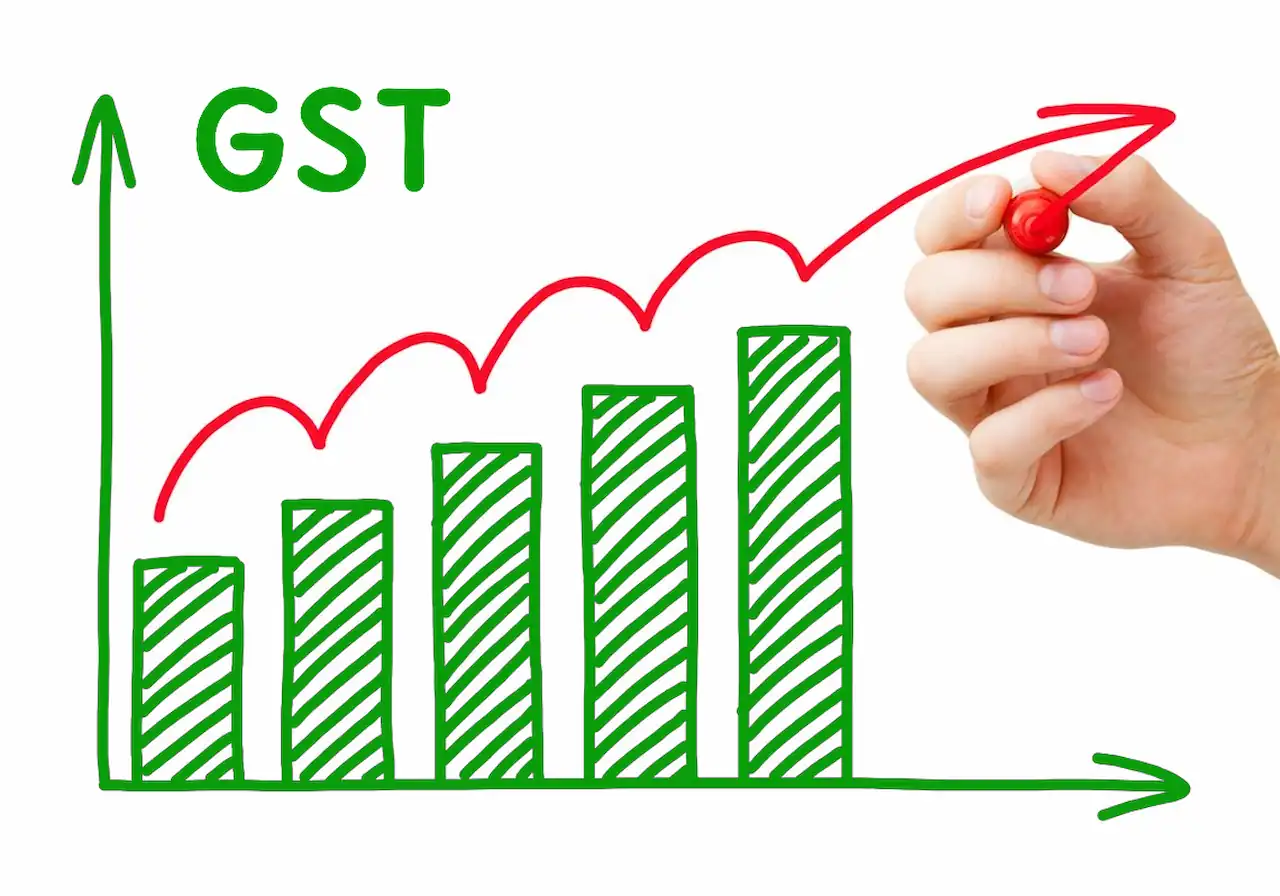As Modi starts his third term, the real estate industry seeks tax rationalization and lower approval costs to boost growth and streamline processes.
Real Estate Industry Seeks Support from Modi 3.0
With Narendra Modi poised to commence his third term as Prime Minister, the real estate sector has high hopes for policy reforms and continued government support. The recent interim budget by Finance Minister Nirmala Sitharaman has already given a nod to affordable housing by adding 2 crore more houses under the PM Awas Yojana Urban (PMAY-U) scheme.
Boost for Affordable Housing
The real estate sector, India’s second-largest employment generator after agriculture, has seen significant achievements under Modi’s leadership. Over the past decade, the government has constructed over 4 crore houses for low-income families under the PMAY scheme. As Modi prepares for his third term, the industry is looking for sustained and enhanced support, especially in affordable housing.
The interim budget has committed to expanding affordable housing, aiming to add 2 crore houses to the PMAY-U scheme. Experts predict that the Indian real estate market could reach Rs 65,000 crore by 2040, provided the government continues to back the sector with favorable policies.
Calls for Policy Reorientation and Cost Reductions
Industry leaders are advocating for a reorientation of government policies to spur growth. Niranjan Hiranandani, Chairman of NAREDCO (National Real Estate Development Council), emphasized the need for reduced costs associated with approvals, development premiums, and stamp duties. He also called for tax rationalization, including changes in GST, to support the sector’s growth.
Hiranandani noted, “The PMAY scheme needs persistent promotion to meet housing targets efficiently. Additionally, financing for land and approvals should be streamlined to facilitate timely project completion.”
Expanding Retail, Hospitality, and Commercial Real Estate
India’s retail, hospitality, and commercial real estate sectors are also expanding rapidly, providing essential infrastructure to meet the nation’s growing demands. Experts suggest that policy changes and tax rationalization are crucial to sustain this growth and simplify processes for developers and investors.
In FY23, the residential property market in India reached unprecedented heights, with home sales totaling Rs. 3.47 lakh crore (US$ 42 billion), marking a 48% year-on-year increase. The number of units sold also grew by 36%, reaching 379,095 units. Despite this growth, industry leaders believe further government support is needed, particularly in the form of GST reforms, to maintain momentum.
Need for Tax Rationalization and Updated Definitions
Anshuman Magazine, Chairman & CEO – India, South-East Asia, Middle East & Africa at CBRE, stressed the importance of revisiting the tax structure for construction materials. He argued that redefining affordable housing is crucial to reflect the rising costs of construction, including raw materials and labor. This reassessment is necessary to keep the housing programs inclusive and effective.
The Union Budget 2023-24 underscored the government’s commitment to affordable housing, allocating Rs. 79,000 crore (USD 9.64 billion) to the PMAY, representing a 66% increase from the previous year.
New Investment Opportunities Through REITs
In a significant development, the Securities and Exchange Board of India (SEBI) recently approved the Real Estate Investment Trust (REIT) platform. This approval opens the door for all types of investors to participate in the Indian real estate market, potentially creating an investment opportunity worth Rs. 1.25 trillion (USD 19.65 billion) in the coming years.
Now You Can Follow Our Channel On WhatsApp!
